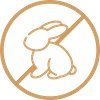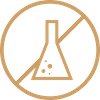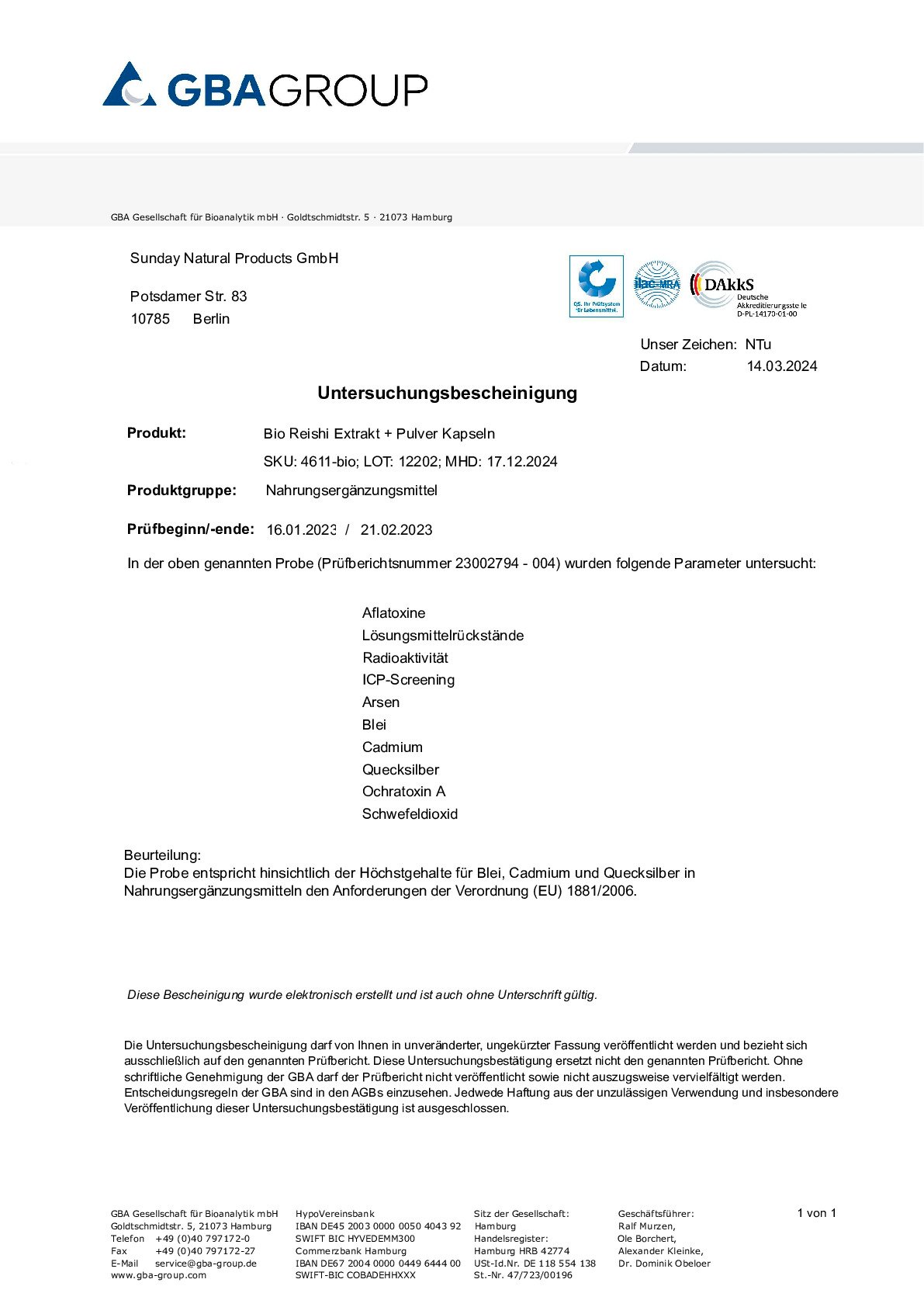Reishi (Ganoderma lucidum, Ling Zhi, shiny lacquered mushroom)
Reishi, also known as lingzhi, is one of the most prominent plants in Chinese medicine. Its other names include "mushroom of immortality" and "mushroom of eternal life", which point to its significance in Chinese medicine as a foundation for general strengthening of the body and maintenance of good health and vitality.
According to historical artefacts and scripts, reishi has been used as a medicinal mushroom for approximately 4000 years. In the 2,000-year-old Shennong Ben Cao Jing (also "Shen Long Ben Tsao"), one of the oldest known and handed-down Chinese pharmacopoeia, reishi belongs to the highest medical grade: "Divine Herbs", and is often referred to as the "King of Herbs", and the "mushroom of immortality". On account of its rarity, the reishi was for a long time only available to the emperor and other high-ranking officials. Today reishi is one of the most popular medicinal mushrooms in the world.
Reishi grows best on the old, decaying trunks of deciduous trees such as oak and birch. The hemispherical, slightly heart-shaped cap of the reishi often has a glossy shine, as if lacquered. For this reason the mushroom is also known as the "glossy fungus" in some languages. Since the global demand for reishi far outweighs the quantity of wild-grown reishi available, this mushroom is cultivated in China.

































